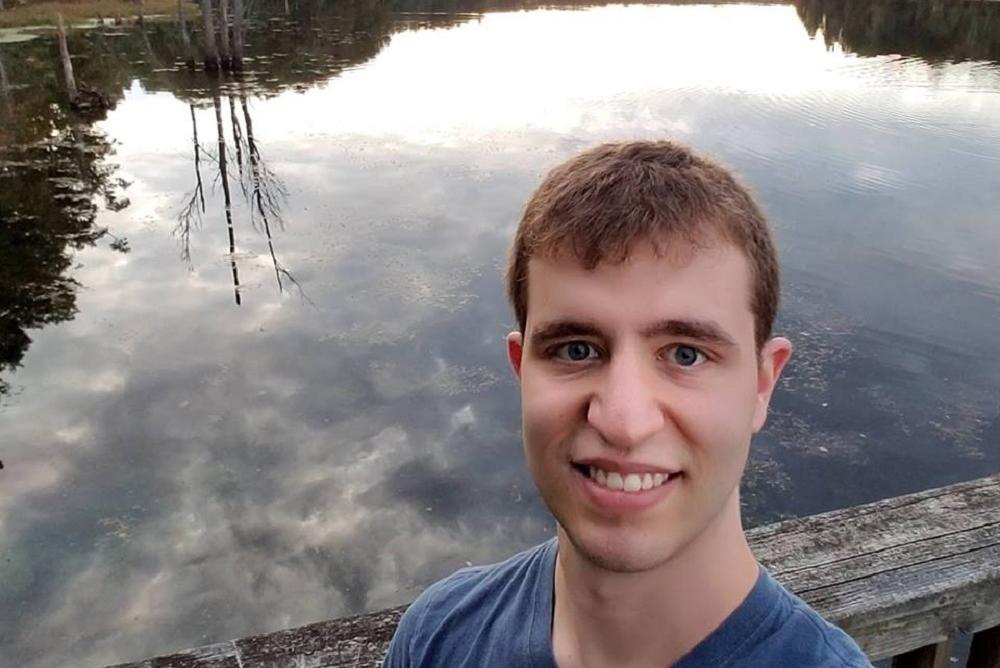Physics Events
[PAST EVENT] Steven Goldenberg, Computer Science - PhD Defense

Abstract:
The Singular Value Decomposition (SVD) is one of the most fundamental matrix factorizations in linear algebra. As a generalization of the eigenvalue decomposition, the SVD is essential for a wide variety of fields including statistics, signal and image processing, chemistry, quantum physics and even weather prediction. The methods for numerically computing the SVD mostly fall under three main categories: full, partial, and streaming. Full SVD methods focus on solving the problem in its entirety, making them suitable for smaller dense matrices where the computation cost is tractable. On the other end of the spectrum, streaming methods provide an "on-line" algorithm that computes an approximate SVD on large datasets by analyzing small chunks of the data at a time, which limits their overall accuracy. Partial SVD solvers fill in the large gap between these two extremes by providing accurate solutions for a subset of singular values on large (often sparse) matrices.
In this dissertation, we focus on the development of fast, flexible, and robust partial SVD solvers. We first introduce a novel solver, GKD, based on the Golub-Kahan and Davidson methods and demonstrate its performance and ability to produce accurate solutions on difficult problems through comparisons with the PRIMME software package. Then, we investigate the use of flexible stopping criteria for GKD and other SVD solvers that are tailored to specific applications. Finally, we analyze the effect of SVD stopping criteria on matrix completion algorithms.
In total, this work has enhanced the landscape of large scale SVD solvers by providing a novel, efficient SVD algorithm, as well as the implementation of a flexible framework for stopping criteria that can be adapted to study and solve a diverse set of problems.
Bio:
Steven Goldenberg is a Ph.D. candidate in the Department of Computer Science at William & Mary. He is advised by Dr. Andreas Stathopoulos in the field of numerical linear algebra. He has published work in the SIAM Journal on Scientific Computing and has presented award-winning research at the Copper Mountain Conference on Iterative Methods. Prior to his Ph.D. studies, Steven Goldenberg received his Master's in Computer Science from William & Mary in 2017, and his Bachelor's in Mathematics from Johns Hopkins University in 2010.
